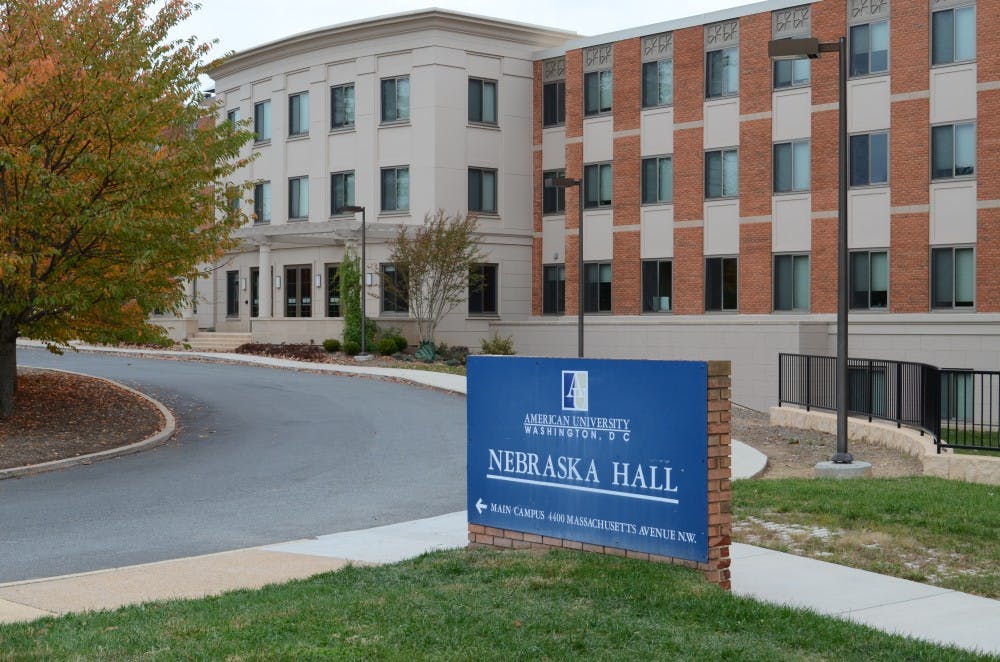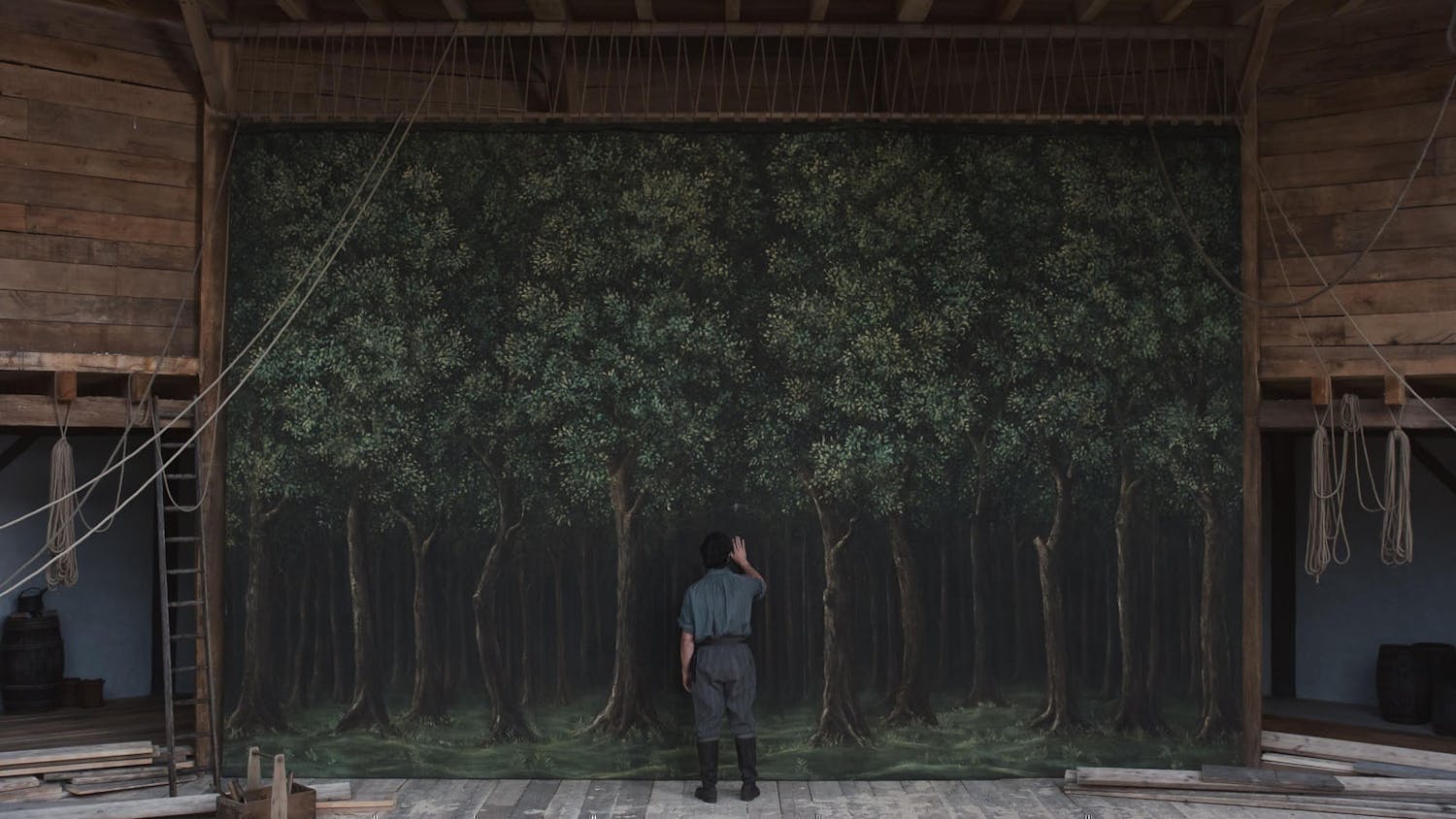American University is experiencing its first confirmed coronavirus cluster among on-campus students, Housing and Residence Life announced in a Friday morning email.
According to Fanta Aw, the vice president of campus life and inclusive excellence, five coronavirus cases have been recorded in a single residence hall over the course of 10 days, though only four of them are linked. The fifth, unlinked case was reported on March 8. Aw said the cases came from students in emergency housing and not those who recently came to campus for the Mid-Semester Residential Experience, though she declined to name the residence hall. However, The Eagle has determined the cluster came from Nebraska Hall.
Since the University began tracking cases by group at the beginning of the spring semester and recently welcomed approximately 549 students to campus for the MSRE, most coronavirus cases among the AU community have been off-campus. As of March 15, the University has administered 11,407 tests and reported eight coronavirus cases among on-campus students, compared to 12 positive faculty and staff cases, and 72 among off-campus students.
Joe Bertino, a School of Public Affairs freshman and a member of the ROTC program, is one of the four students in the cluster who tested positive for the virus. He confirmed the location of origin was Nebraska Hall. He said he and three friends were exposed when they gathered on March 2, unmasked, in a Nebraska Hall room, unaware that one member of the group had contracted the virus.
“To be fair, we don’t necessarily abide by most of the guidelines, and the reason we do that is because we have a pod of friends,” Bertino said. “We feel that we don’t really need to move stuff outside or change the way we do things, because if we get COVID-19, I mean, evidently we’re able to just keep it among ourselves.”
After testing positive, Bertino and his three friends relocated to the University’s isolation quarters in Duber Hall. Bertino said that his pod consists of seven friends who socialize regularly. Bertino believes that the three members of the friend group who were not present on March 2 were exposed over the next few days; however, they have not tested positive, but are still quarantining.
The email sent to students on Friday said that the University’s current guest policy only allows two individuals to occupy a residence hall room at a time, though Aw said that she would “not dispute the claim that the rules are lax.”
“We can certainly police, but is that really the kind of community that we want to be?” Aw said. “The answer is we need to have these policies. We need to help our community understand the shared responsibility we have and why this matters. We need to all understand the preventive measures that we can take, small and large.”
The administration is not naive enough to think that students living on campus won’t socialize with each other, Aw said. She added that after the recent influx of students to campus and student travel during Wellness Week, the University expects the number of positive cases on campus to increase over the next three weeks.
Aislinn Lee, a School of International Service junior who recently arrived on campus for the MSRE, said she was frustrated to receive the email from Housing and Residence Life so soon after returning.
“If I were to potentially come into contact with someone and have to quarantine for two weeks, I would then lose two weeks out of this ‘mini-mester,’ so to have paid to be back in D.C. and continue to be isolated from [my friends] because people aren’t being safe is frustrating,” Lee said. “When you come to campus, especially in the middle of a pandemic, … I think you have to assume a lot more individual responsibility for your actions.”
Similar to Bertino, Lee said her friends in D.C. have formed a “social bubble” that allows them to expand the number of people they feel comfortable interacting with while still keeping the total number of people they see small. Since arriving from Massachusetts, Lee has visited a few friends outside while wearing masks. She hopes that as she starts to get tested twice weekly, as required by the University for students living on campus, she will be able to become part of the “bubble” and socialize more.





